The Hidden Health Effects of Remembrance Day: A Journey of Reflection, Resilience, and Renewal
Category: Healthy Mind
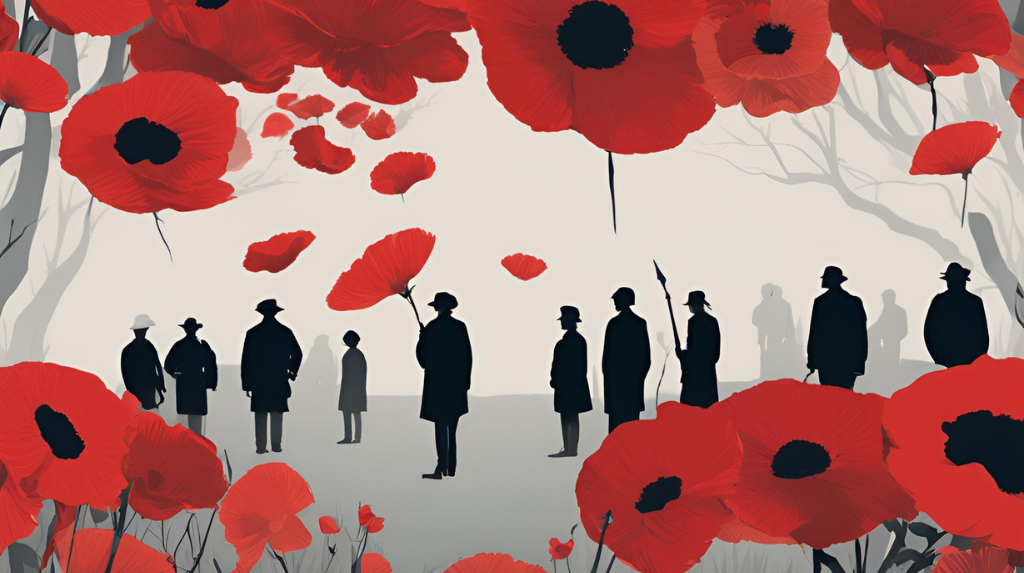
Yesterday, we all took time to reflect on the sacrifices made for our freedom, to honor those who gave everything for us but today, I want to dive into something most of us don’t realize. Remembrance Day doesn’t just affect our minds, surprisingly, it impacts our entire well-being. Our hearts, minds, and bodies were affected yesterday in ways we might not even realize, so let’s explore how these effects are still rippling through us today and possibly for days to come yet.
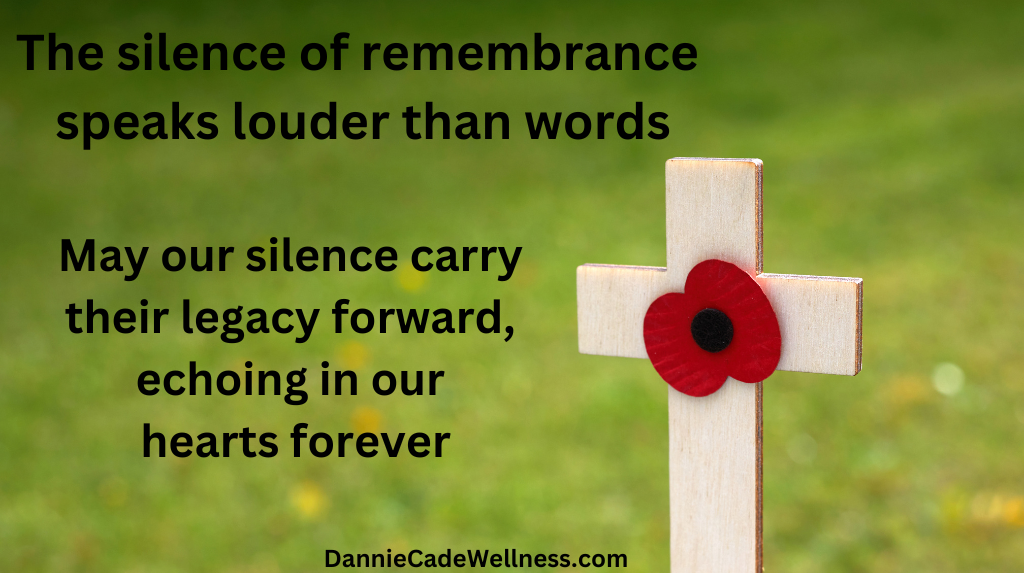
First, let’s talk about the power of reflection. Yesterday, many of us paused to remember, to reflect on the sacrifices made, but did you know that this simple act can improve your health in several ways? Studies show that reflecting on loss, especially on Remembrance Day, can actually benefit our cardiovascular health. That’s right, when we stop and reflect on these moments our bodies respond in ways that support heart health, so while we were honoring others, we were also boosting our own resilience.
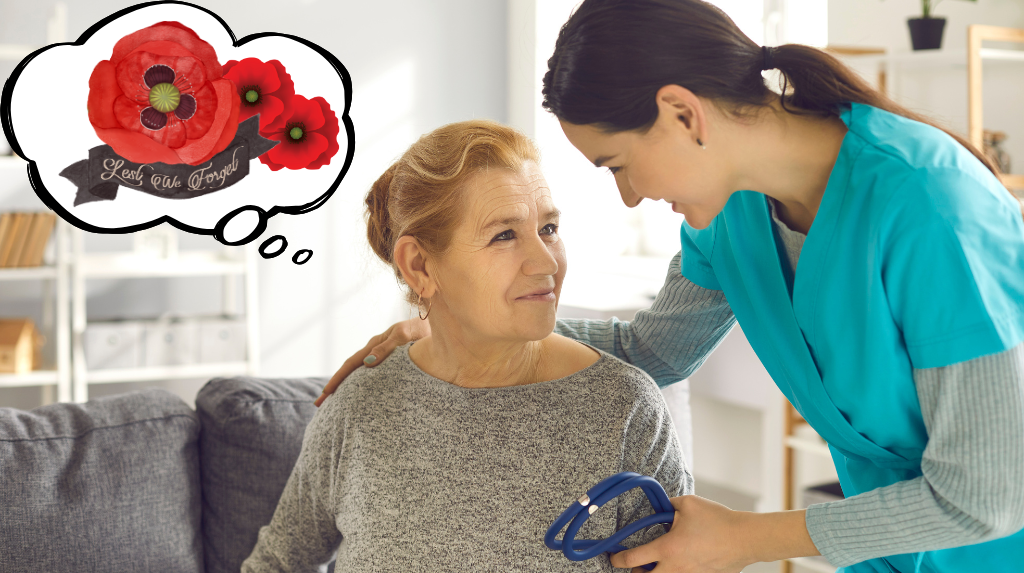
Here’s another incredible fact. Yesterday, many of us paused to reflect with gratitude for the sacrifices made, and here’s where it gets really interesting: Expressing gratitude actually triggers chemical changes in the brain. A study from the University of California found that gratitude boosts dopamine levels, which improve mood and immune function. So, in addition to honoring the fallen, we were giving our own immune systems a boost. Gratitude isn’t just a nice feeling; it’s a health intervention. Surprised yet?

For some of us, Remembrance Day wasn’t just about reflection, it may have brought up some difficult emotions. For veterans, for those who’ve lost loved ones, it can be a day of incredibly painful memories and while that can be tough, there’s some fascinating research showing that structured rituals like the ones we engaged in yesterday can actually help combat the stress and trauma those memories can trigger. These rituals release oxytocin, the very same hormone we get from hugs which helps us to feel more supported, connected, and resilient.

Many of us felt the physical effects of Remembrance Day too. Some might have experienced muscle tension, a racing heart, anxiety, phantom pains or fatigue, but what if I told you that those moments of silence we participated in weren’t just about honoring others, they were about healing ourselves too?

Research shows that when we engage in these rituals, our brains can enter a theta state, similar to deep meditation which triggers relaxation, lowers blood pressure and improves focus. So yesterday, those moments of silence weren’t just quiet, they were powerful healing moments.
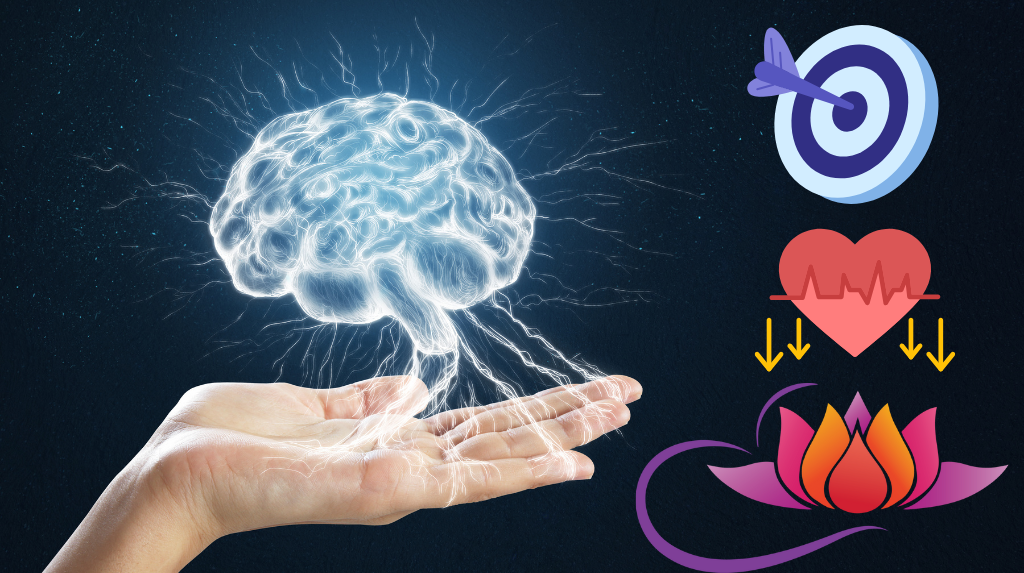
Another beneficial aspect is our social health. Yesterday, we stood together in reflection in ceremonies, at home, or with loved ones and this connection is more than just a comforting feeling, studies show that engaging in social rituals reduces loneliness and boosts our overall health.
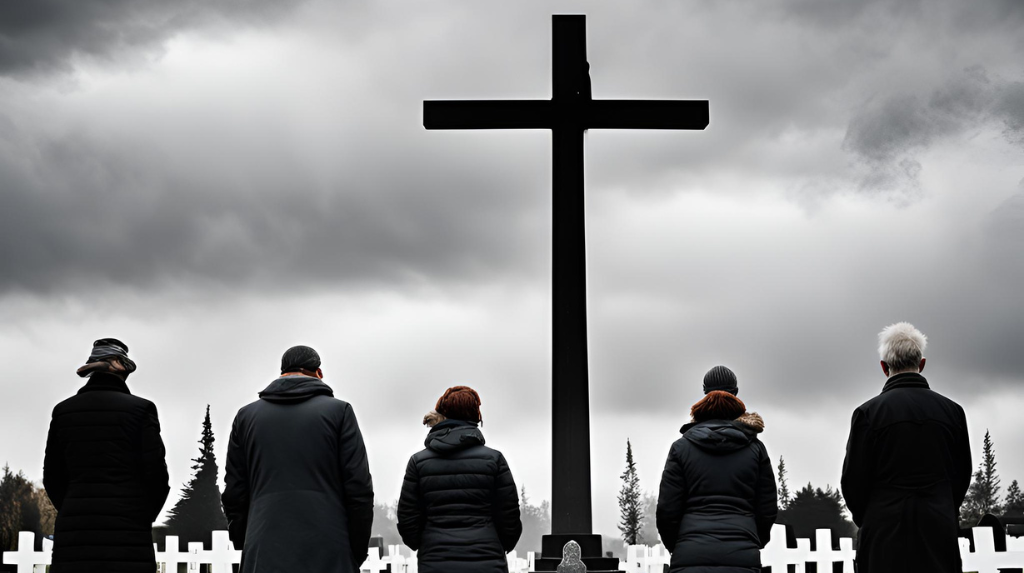
When we connect, even through something as simple as standing side by side in silence, our bodies release oxytocin, strengthening bonds and boosting our emotional resilience, so that moment of togetherness yesterday didn’t just honor the fallen, it also invested in our own well-being.
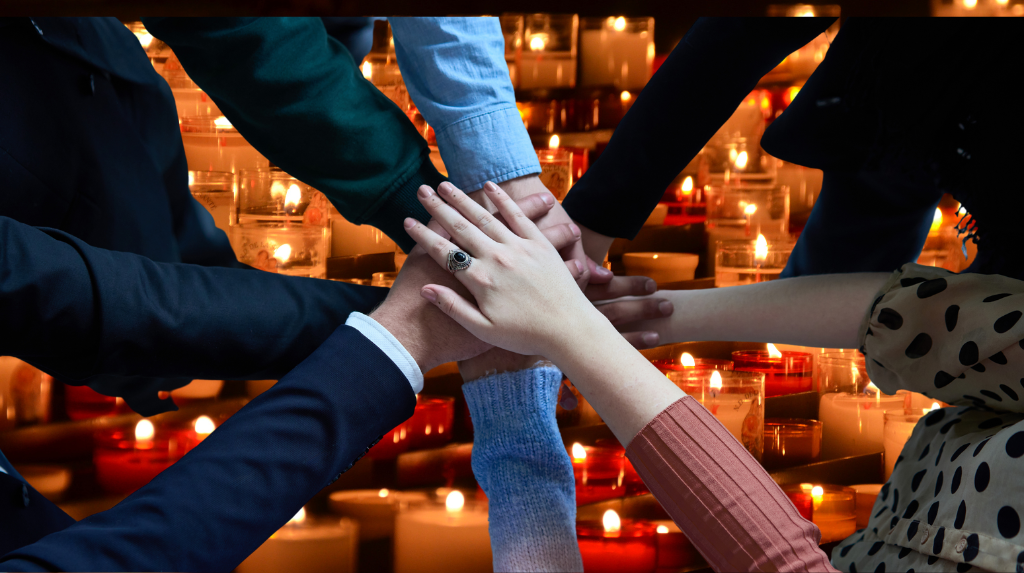
Here’s one for you: Those communal acts of remembrance can actually rewire our brains. Neuroscientists have found that when we engage in these shared rituals, we activate neural pathways that are linked to empathy, resilience, and social bonding. These experiences don’t just make us feel good, they physically alter how our brains function, making us better equipped to handle future challenges. It’s a win-win when we remember together because we’re also fortifying ourselves for whatever lies ahead.
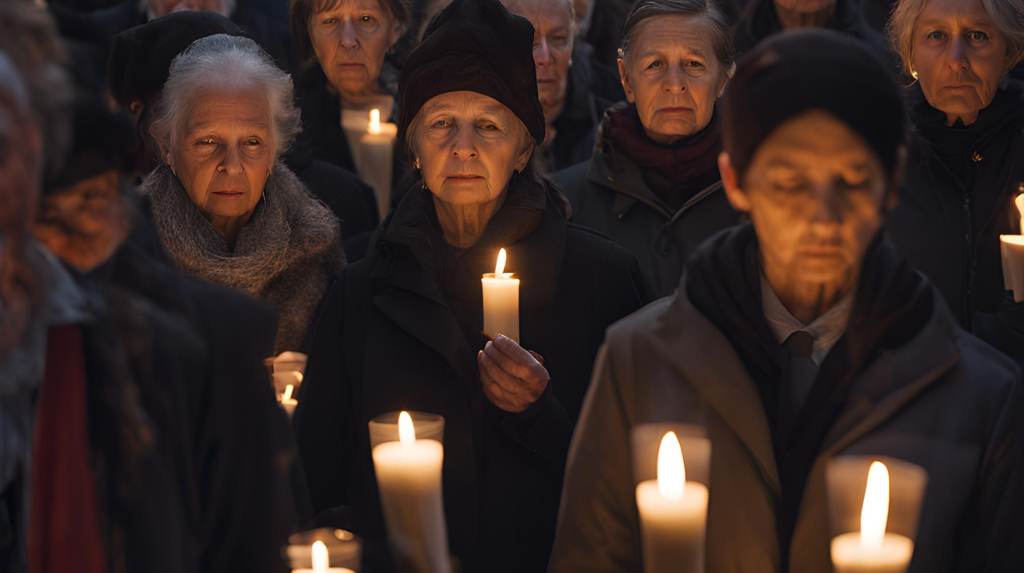
Here’s the best part: Yesterday may have brought difficult emotions to the surface, and that’s okay. Remembrance Day can trigger various levels of grief, sadness and stress, but those emotions can be used for growth. By processing these feelings mindfully (through journaling, expressing gratitude, or even just taking a few moments to breathe deeply) we can turn those feelings into strength. Remembrance Day isn’t just a time for honoring the fallen, it’s a time to renew ourselves emotionally, physically, and mentally.
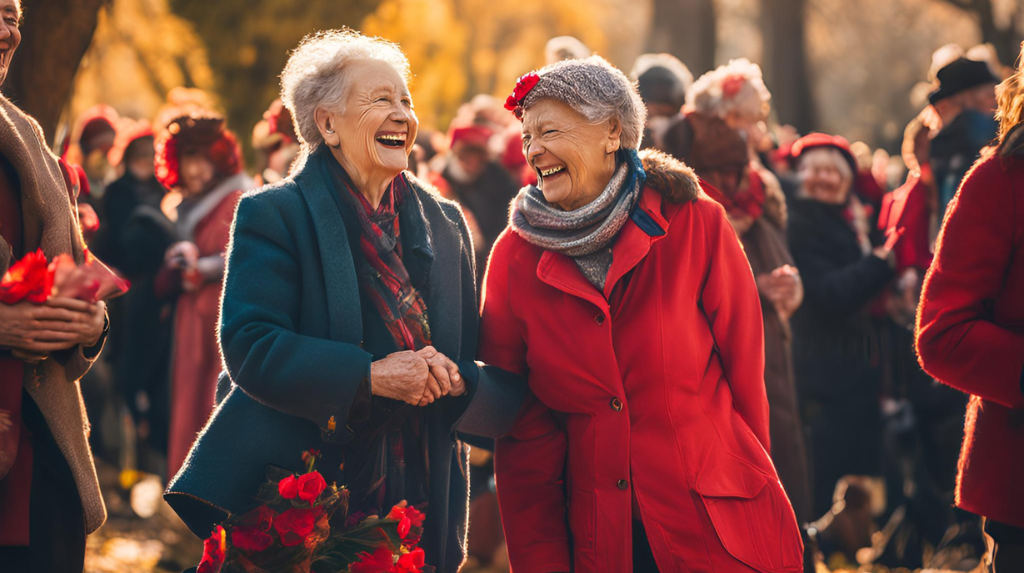
So, as we reflect on yesterday, let’s remember that Remembrance Day isn’t just a day to honor others, it’s also an opportunity to honor ourselves. By embracing the health benefits of reflection, gratitude, social connection, and healing, we can turn this day of remembrance into a powerful tool for personal growth and renewal.

Thank you for taking this journey with me today. Let’s continue to make the most of Remembrance Day, not just as a day to reflect, but as a day to heal, grow, and become stronger, together.
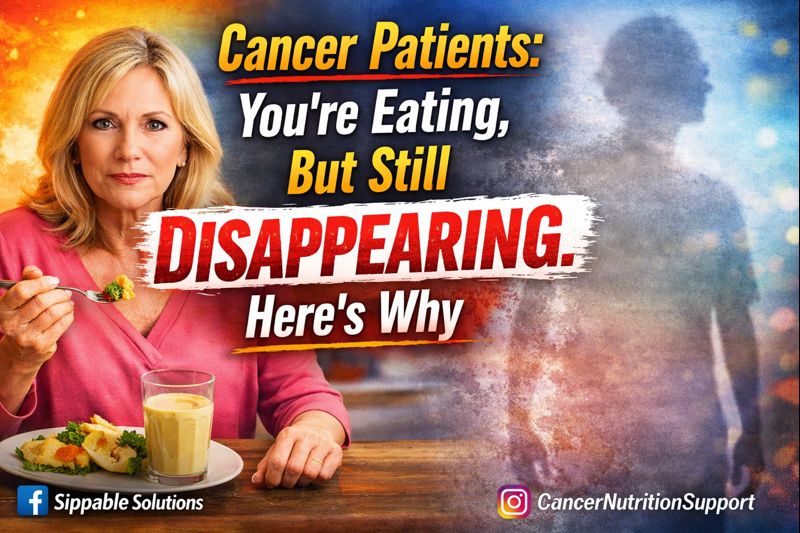

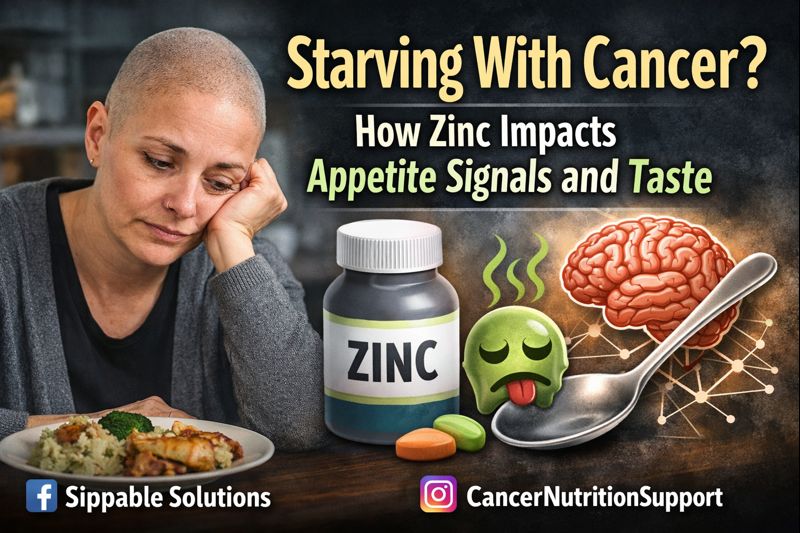
Facebook Comments